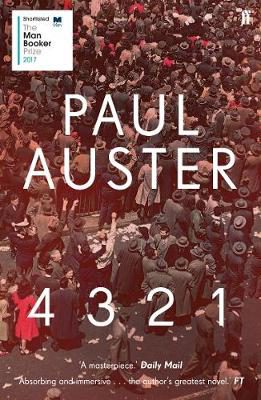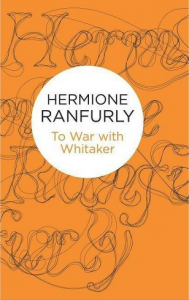
Paul Auster worked on his huge novel 4 3 2 1 seven days a week for three years writing in longhand. It was shortlisted for the 2017 Man Booker Prize.
At 1070 pages, 4 3 2 1, Paul Auster’s 2017 novel, has been an intimidating presence on my bookshelf for the past few years. What a fool I was to leave it unread until now.
The story is as straightforward (or as complex) as can be. Archibald Isaac Ferguson is born on 3 March 1947. From this singular starting point, Archie (or Ferguson) proceeds to live four separate, though often oddly echoing or strangely overlapping, lives, growing towards adulthood. His always loving mother is a constant presence, as is his relative/friend/girlfriend Amy, but around this core orbits a supporting cast of literally hundreds of relatives (close and distant), lovers, friends and acquaintances, all exquisitely delineated.
And as Archie lives his lives we discover and experience along with him everything from the films of Laurel and Hardy to the intricacies of basketball and baseball, the importance of writers, writing and publishing to the major events of 1960s America – the assassination of JFK, the civil rights movement and the growing spectre of Vietnam – and all the confusion, elation and heartbreak of being a teenager.
Auster’s writing is some of the most beautifully crafted you’ll come across (you’ll want to read some sentences, some paragraphs, over and over again), but he also has the capacity to stop you in your tracks, leaving you winded, trying to catch your breath (is what he just wrote really going to happen?). Is 4 3 2 1 too clever by half? Possibly. Overlong? Perhaps. None of this matters. Immerse yourself in this astounding novel as soon as you can.
Reviewed by a Library Member


